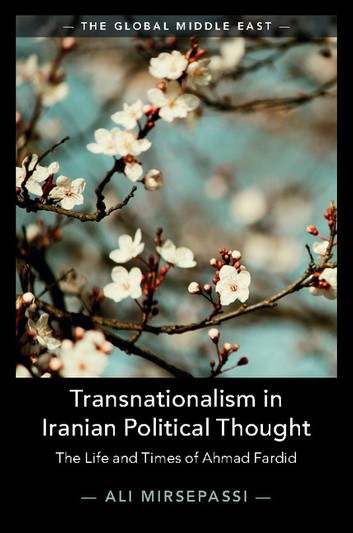An Intellectual Journey to Many Worlds: Ahmad Fardid and Modern Iran in the Age of Social Transformation
DOI:
https://doi.org/10.22029/ko.2019.271Abstract
During the second half of the twentieth century, public intellectuals in Iran were highly influential. Arguably, the Islamist segment of these intellectuals substantially contributed to the making of the Islamic Revolution of 1979 with both their activism and dissemination of ideas. One of these intellectuals was Ahmad Fardid (1912-1994), an oral philosopher of Iran who had appropriated anti-modernist European philosophies to formulate a totalizing form of Islamism. In Transnationalism in Iranian Political Thought: The Life and Times of Ahmad Fardid, Ali Mirsepassi presents comprehensive research on Fardid’s personal life, worldview, and legacy. This effort is undertaken with well-rounded analysis of the ideas of Fardid and other intellectuals whom he was influenced. Essentially, this study elucidates a transnational moment in twentiethcentury Iranian intellectual history which helped the creation of a peculiar “nativist” discourse. Mirsepassi highlights the salience of this moment and its persisting relevance.

Published
Issue
Section
License
All articles (not book covers) in KULT_online from issue 50 on are published under the license Creative Commons Attribution 4.0. All published articles may be reused under the conditions of the license, particularly for commercial purposes and through editing the article (Human-Readable Summary). All authors (have) permitted the publication under the above mentioned license. There is no copyright transfer towards KULT_online. For all book covers specific rights might be reserved, please contact the respective publisher for any lawful reuse. All contributions published in issue 1-49 of KULT_online are free available online and protected by the German Copyright Law.



